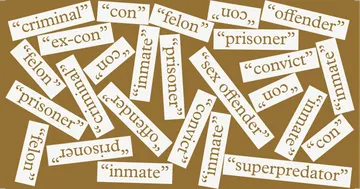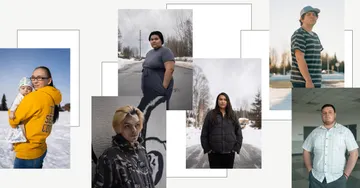Last week, Congresswoman Sheila Jackson Lee, a Texas Democrat, tried yet again to shine some light on the opaque system of private prisons that house over 31,500 federal inmates. For the sixth time, she introduced the Private Prison Information Act to make private correctional facilities subject to the same federal public records laws as government-run prisons.
It will not have an easy run, given the fierce resistance of private prison companies. The Corrections Corporation of America (CCA), the largest for-profit prison company, has spent at least $7 million lobbying against the bill since 2005, according to a tally by disclosure advocates. Others who oppose the proposal say it would set a “dangerous precedent” of applying public record law to private companies, and raise the cost of private contractors by increasing legal fees and record-keeping staff.
In an email, CCA spokesperson Steve Owen said the bill was unnecessary. “The Department of Justice, the Bureau of Prisons and the Department of Homeland Security already have in place explicit procedures for making applicable information available to the public,” he wrote. “The result could be a breakdown in the now collaborative process between private sector contractors and the federal government to determine what information is appropriate for release.”
There has been a bit more transparency on the state level, where several state courts have ruled that private prisons accepting public money should comply with disclosure requests. In September, a district court judge in Texas found that CCA prisons counted as a “government body” and would have to comply with the state Public Information Act. Judges in Vermont, Tennessee and Florida have issued similar decisions.
But the federally funded private prisons, holding mostly immigrants awaiting deportation, remain a black box. Lawyers, advocates and investigators have tried to piece together a picture of how they run, but large swaths of the industry remain a mystery. Here are a few of the big questions about private federal prisons, that might be answered if Rep. Jackson Lee’s bill ever got out of limbo:
Do they actually save money?
The main argument in favor of private prisons housing federal inmates is that they can save taxpayer dollars. But without detailed data on exactly how private facilities spend public money, it is impossible to know whether they are in fact cheaper or more efficient. A 2007 report from the Government Accountability Office found that “without comparable data, [the Bureau Of Prisons] is not able to evaluate and justify whether confining inmates in private facilities is more cost-effective than other confinement alternatives such as building new BOP facilities.” The BOP rejected their recommendation to collect more detailed data.
How safe are they?
We cannot say how many people detained in private facilities file complaints or grievances and how many of them are sustained. That data is hard to procure and incomplete for public prisons. But for private prisons, it is nonexistent. Incident reports that detail fights between detainees or attacks on officers are also secret.
What research has been done on this subject has been inconclusive. A 2012 study in Mississippi found privately-run prisons in the state had assault rates three to five times higher than the public facilities. But a 2005 study from the Bureau of Prisons found “being an inmate at the private prison seemed to reduce the probability of violent misconduct.”
Without legal action, it is also hard to track how inmates are treated inside specific facilities. A recent string of lawsuits against private state prisons uncovered conditions that a federal judge described as “a cesspool of unconstitutional and inhuman acts.”
How do they use solitary confinement?
Private facilities do not have to report how many inmates they hold in isolation or provide to the public policies dictating who gets put there. The use of isolation was largely a mystery until the ACLU interviewed hundreds of immigrants detained in private prisons for a 2014 report.
“We found people were being put in solitary confinement on intake and kept there for days or weeks because there were beds available in the solitary confinement units but not in general population,” said staff attorney Carl Takei of the ACLU’s National Prison Project. “It required going in and interviewing scores of prisoners that were able to speak about their experiences. [The Bureau of Prisons] didn’t produce any documents in response to our FOIA request.”
The interviews also found inmates were sent to solitary for reasons ranging from filing a complaint to asking for new shoes. “The combination of inadequate BOP oversight and the lack of transparency created by this FOIL loophole make it essentially impossible for the public to know what’s going on,” Takei said.
This post has been updated to include a comment from CCA.

